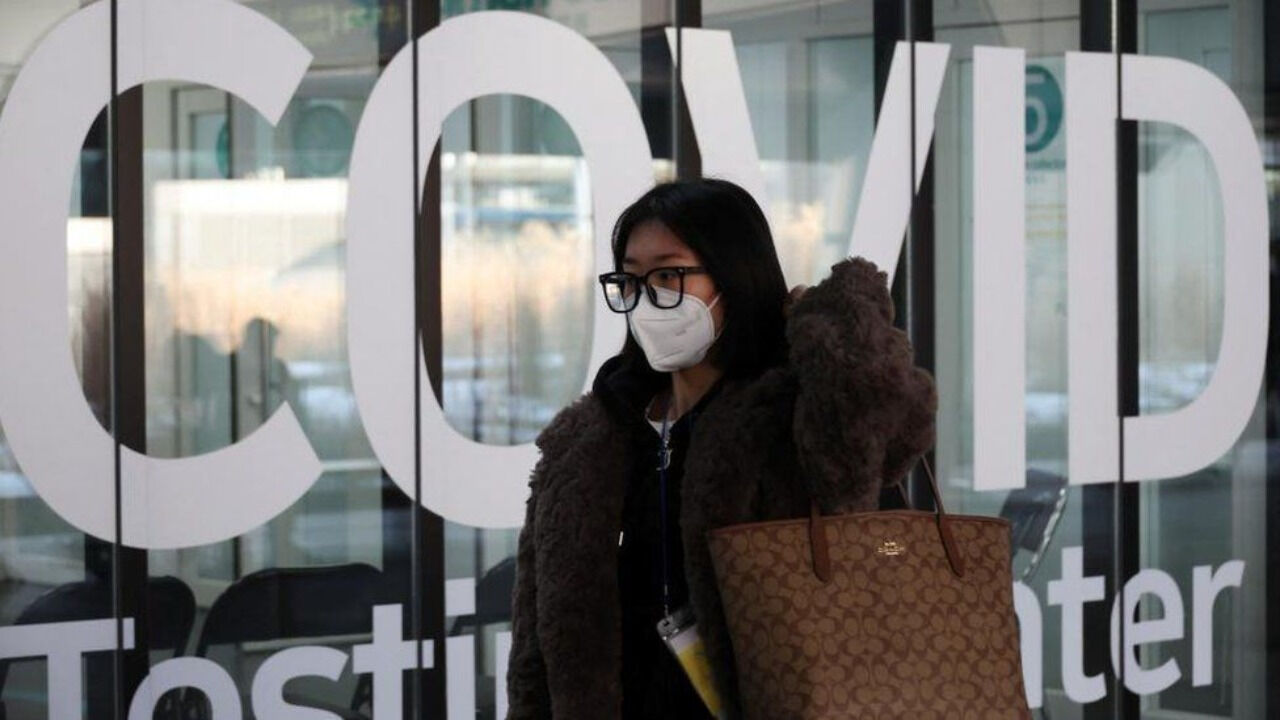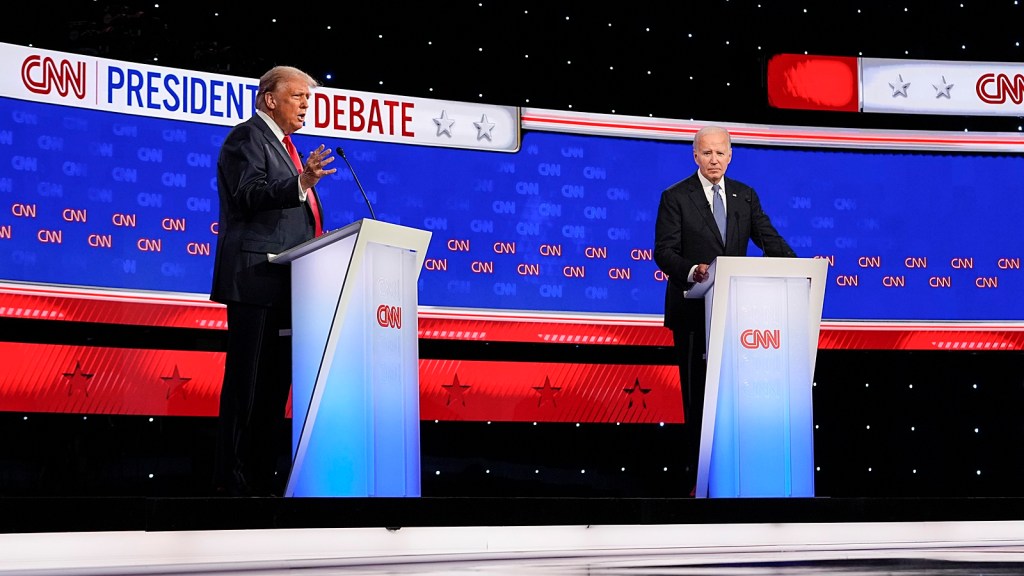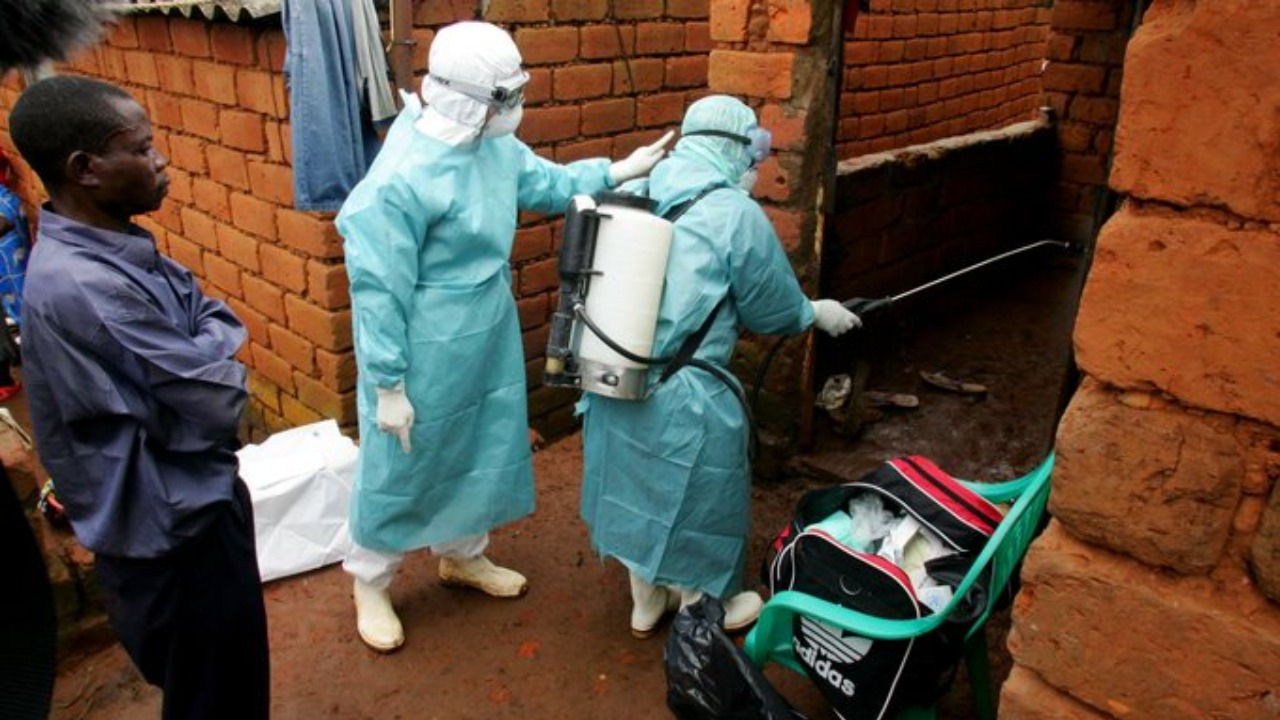China Denies Visas To South Korea And Japan Due To Covid

Japan and South Korea no longer receive short-term visas from China in response for Covid travel restrictions on Chinese citizens. The Beijing embassy in Seoul announced that visas for South Koreans traveling to China as tourists had been suspended. China was reportedly implementing similar steps there, according to Japanese media.
Beijing claims that the tit-for-tat action would continue until "discriminatory" entrance restrictions against China are abolished. China's foreign ministry criticized South Korea's decision to suspend providing tourist visas to Chinese nationals as "unacceptable" and "unscientific" last week.
South Korea's foreign ministry responded to China's most recent action by telling the BBC that their approach to Chinese immigrants was "in conformity with scientific and objective evidence." China is now permitted entry into Japan so long as they do not test positive for Covid.
Prior to the implementation of visa restrictions, a third of all arrivals from China tested positive for Covid, according to South Korea's Disease Control and Prevention Agency. Arrivals are greeted by military soldiers dressed in protective gear at Seoul's Incheon International Airport, the only South Korean airport that still permits flights from China.
As they were being led to the airport testing facility, the BBC was able to talk with a few of them. "Personally, I think it's OK. I have been through much worse during this pandemic," said William, a businessman from Shanghai. "As a traveller I just try to comply with the policies are much as possible."
But another passenger disagreed.
"In my mind it's not scientific at all," said Emily, who arrived from Hong Kong. She, like those coming from mainland China, was required to test.
"I feel like it's a little bit unfair on this side. They must feel really unsafe, I suppose."
Although many South Koreans believe that the decision to defend their nation from China's coronavirus outbreak is solely medical, not all of them do. "There is a political component to it, and there isn't a nice connection between the two nations. Many Koreans harbor strong hostility toward Chinese people and blame them for the coronavirus, "Jinsun, who was en route to Abu Dhabi, remarked.
Another traveler to Paris on her honeymoon stated South Korea might not have enacted such regulations if the nation in question wasn't China. However, she added, "China would have an issue with whatever we did.
The South Korean curbs are supposed to last at least until the end of the month, which would give scientists time to analyse for any potential new variants coming from China.
"There's no transparency at the moment in China about any monitoring for new variants. If a new variant comes from China, it would be a very difficult situation for the whole world," Professor Kim Woo Joo, an infectious diseases expert at Korea University and a government adviser, told the BBC.
"It would also be a disaster for the Korean healthcare system. We currently have a lot of hospitalisations and deaths already and our elderly people are also under-vaccinated. This is what we are worried about."
Only a few business or diplomatic travelers from China are currently permitted entry into South Korea. Both upon arrival and prior to leave, they must test negative. One Chinese man who had a positive test ran away from the bus that was carrying him to a hotel for quarantines close to the airport.
He was apprehended by cops in a Seoul hotel two days later.




